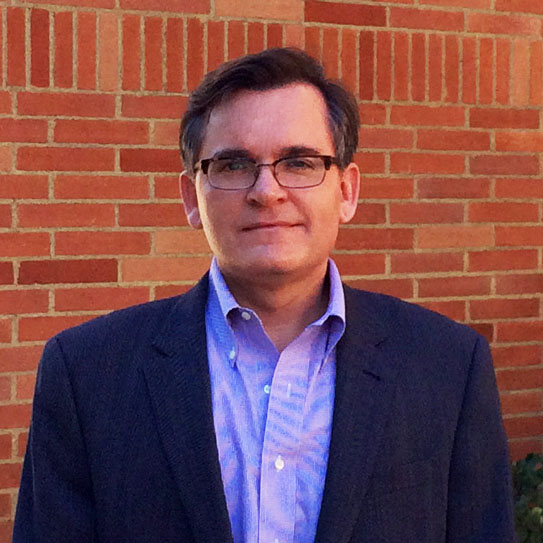Before former New Hampshire Attorney General Michael Delaney went before the Senate Judiciary Committee last week, we hoped the hearing would be a referendum on progress since the #MeToo movement. That Delaney still has a shot at serving on a federal court bench means we are falling far short of making any meaningful progress.
As a defense attorney, Delaney wielded tactics to protect perpetrators of sexual assault and the elite schools where peer-on-peer assaults commonly occur. Now, he is the nominee to a U.S. Court of Appeals.
Though he is praised by lawmakers for his “meaningful contributions” to his community, Delaney is a problematic nominee. His litigation experience is heavily weighted toward defending large organizations against abuses they perpetrate against their employees and clients.
Delaney has a track record of protecting the reputations of institutions at all costs, including by employing questionable judgment and unethical practices.
Most egregiously, Delaney challenged the anonymity of a then 15-year-old student who was sexually assaulted by a peer on the campus of St. Paul’s School in Concord, New Hampshire. In his legal defense of St. Paul’s, Delaney sought to make the survivor’s name publicly known as a way to intimidate her into silence. This tactic was used to silence many of the dozens of victims who came forward against St. Paul’s.
The tactic of silencing and shaming sexual assault survivors is unacceptable for anyone, but especially for a federal judge.
We would know. We are the parents of that 15 year-old, Chessy Prout.
Sexual assault at schools is a lot more common than you may think. Statistics tell us that 1 in 4 girls will be sexually assaulted by the time they graduate high school. For boys, that number is 1 in 13. Chances are you know a child who has been affected.
The fact that sexual assault is rampant among adolescents is why Delaney’s appointment is so problematic. His tactics perpetuate the secondary victimization of survivors: the isolation and backlash they endure after coming forward. These tactics have no place on a federal court bench.
“In sexual assault cases, the defense knows the plaintiff’s identity,” says Katie Shipp, managing partner, Marsh Law Firm. “Attempting to force her identity to be revealed serves no purpose other than to frighten her into silence and warn other survivors of what may happen if they come forward.”
These tactics are all too common. Institutions where sexual assault occurs have for decades sought to intimidate survivors from coming forward, so much so that there is a predictable formula for doing so. Institutions’ well-worn playbook keeps survivors silent and the crime of sexual assault concealed.
Psychologist Dr. Jennifer Freyd coined the term DARVO to describe institutional behavior to shame survivors and prevent the truth about assault from coming to light. DARVO stands for deny, attack, and reverse victim and offender. Freyd found that perpetrators (or complicit institutions) commonly claim to be falsely accused and play the victim of a whistleblower’s own wrongdoing.
Thanks to survivor-silencing tactics like Delaney’s, it is no surprise that sexual assault is one of the most underreported crimes. Survivors of sexual assault fear losing their jobs, facing retaliation, not being believed, and being isolated from their communities should they come forward.
The threat to survivors is real. We experienced isolation and retaliation firsthand after our daughter, Chessy, came forward. It is for this reason that we co-founded the nonprofit I Have The Right To: to support survivors and their parents while they endure what our own daughter endured.
It is important to know that Delaney’s tactics aren’t just harmful to survivors. They are a threat to weighing the equal and fair application of justice, which affects us all. As a judge on a federal court of appeals, Delaney will be responsible for determining if previous cases were tried appropriately in the court of law. It is dangerous for an individual with this responsibility to have employed unethical practices and pushed the envelope himself.
Delaney asked the Senate Judiciary Committee to evaluate his nomination based on the totality of his career. When a case is as egregious as this one, it is indicative of an attorney’s inability to apply the law and should disqualify him from serving as a judge. The committee knows this, too: It is why they unanimously focused on Delaney’s role in the St. Paul’s case during his hearing.





Leave a Reply